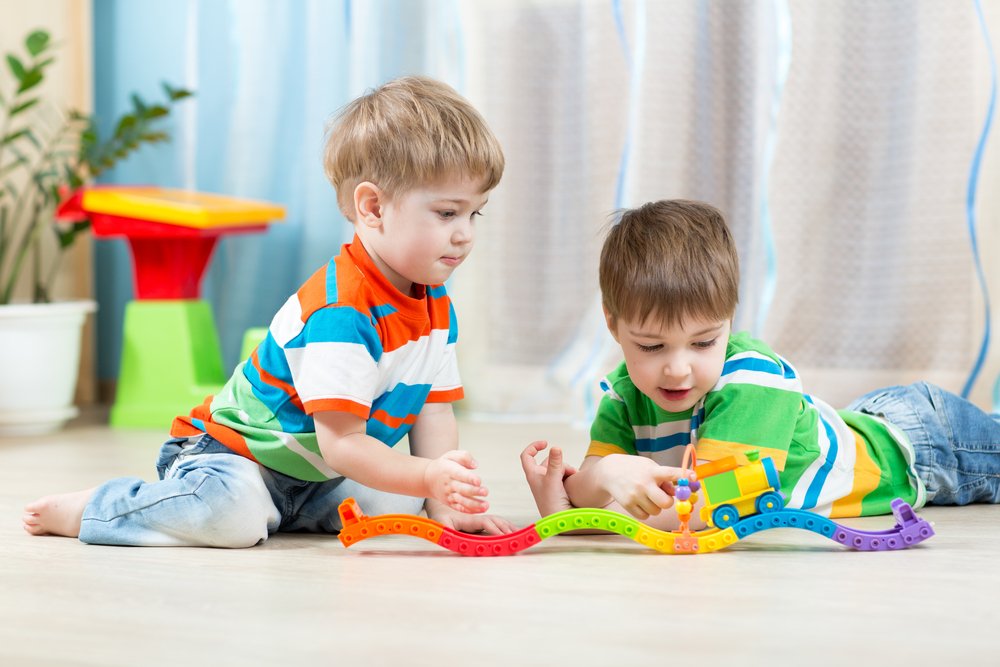Key points:
- Encourage appropriate expression of emotions and needs through words.
- Promote various types of play and taking turns.
- Foster an interest in forming relationships and understanding basic rules.
- Develop attention span, curiosity, and problem-solving skills.
According to a 2001 research paper published on the journal Early Childhood Research in Practice, there are many factors beyond a child’s age that are crucial for a positive transition into school environment. Among other things, a child’s social skills, emotional intelligence, fine and gross motor skills, and positive relationship with their primary caregivers are all important factors that can help with the transition.
Some skills you can encourage right now to support your child’s school readiness are:
- Express emotions, needs, and wants appropriately using words instead of acting out.
- Engage in different types of play (play-pretend, free play, etc.).
- Take turns while doing or using something.
- Show interest in forming relationships with others.
- Understand and be acquainted with basic rules.
- Follow directions, and up to three-step instructions.
- Pay attention to others and to the tasks at hand (between 8 and 15 minutes of attention depending on age).
- Show curiosity and interest in learning.
- Have interest in the world, on how it works, and in interacting and problem-solving.
Here are some kinder garden or child-care preparation activities to try with your son:
- Support their participation in group activities.
- Encourage them to use writing tools like pencils and crayons.
- Encourage cooperating with peers and making friends or engaging in spontaneous play.
- Encourage their self-care and independence skills, by practicing doing buttons and zippers or eating lunch without help.
- Explore scribbling and attributing meaning to different patterns of lines.
- Expose your child to written and spoken words by reading stories together. Pay attention to things around the house and refer to them by their name.
- Talk positively about going to kindergarten or child-care, meeting new friends, and learning new things.








